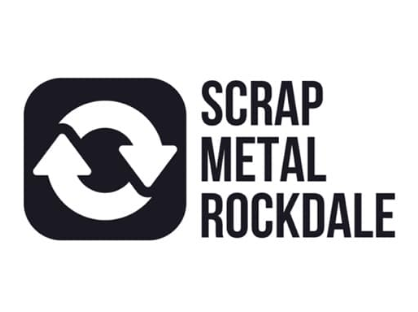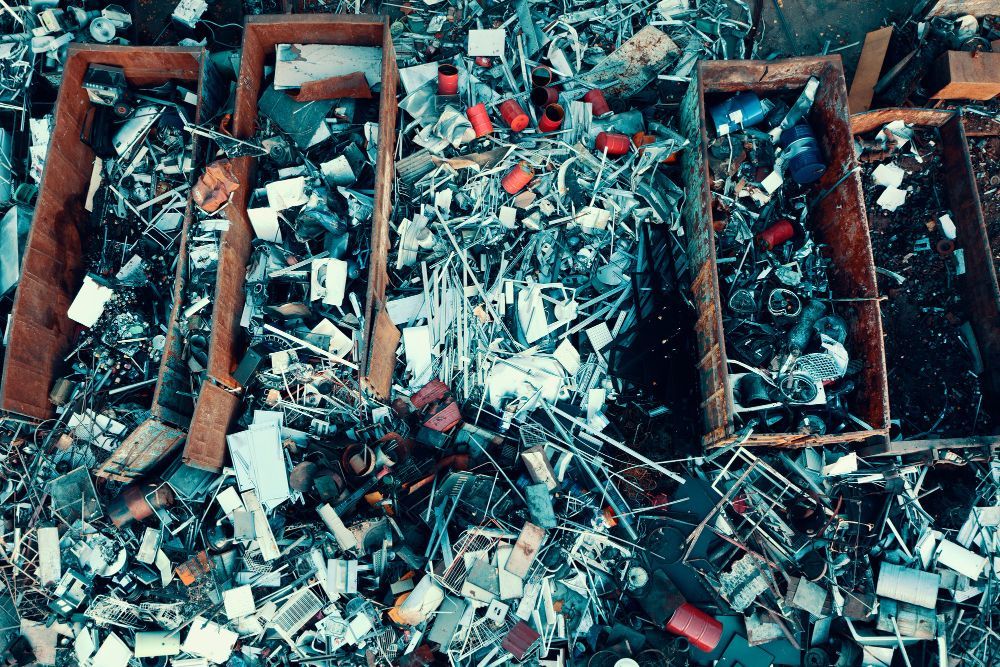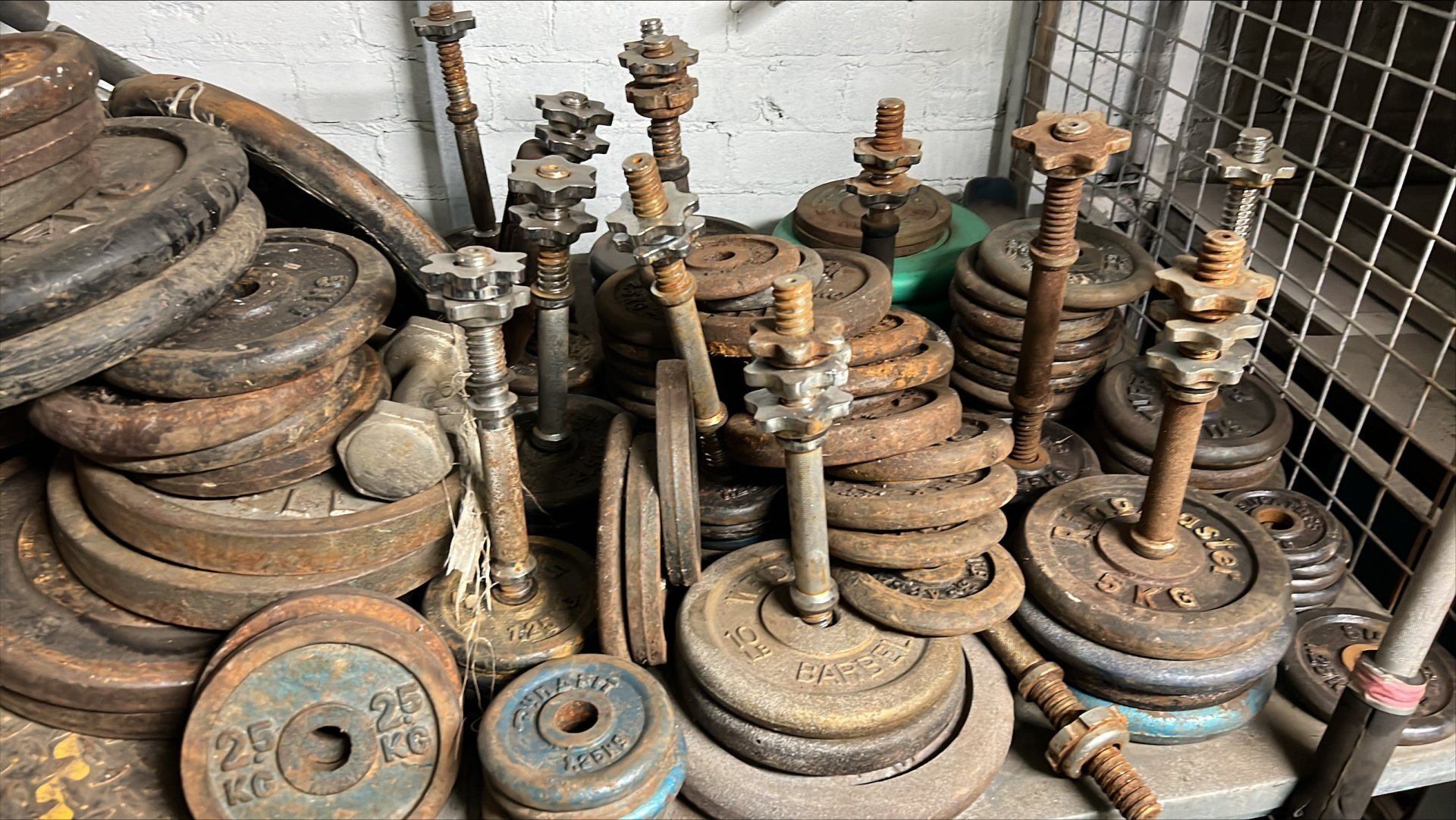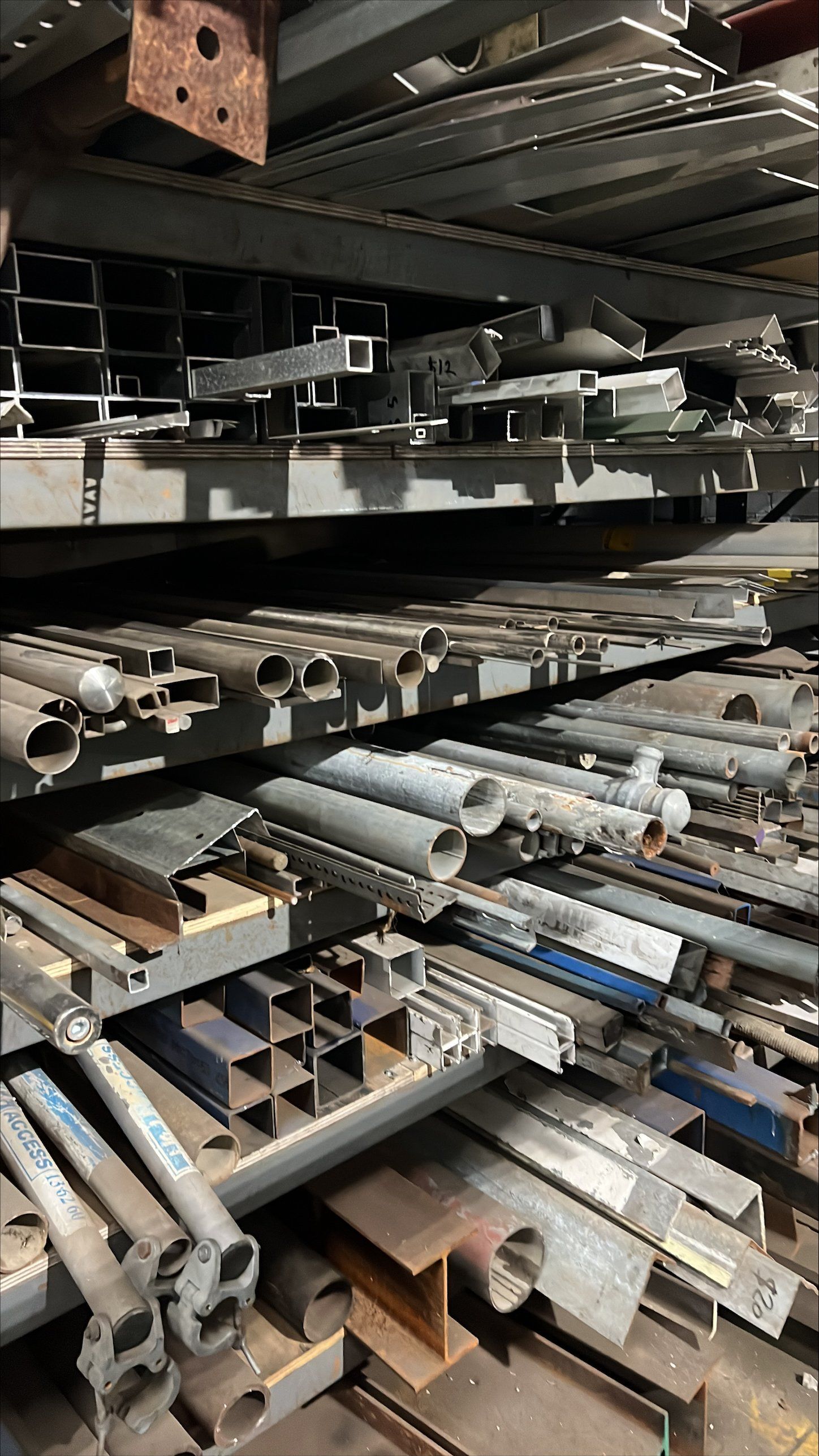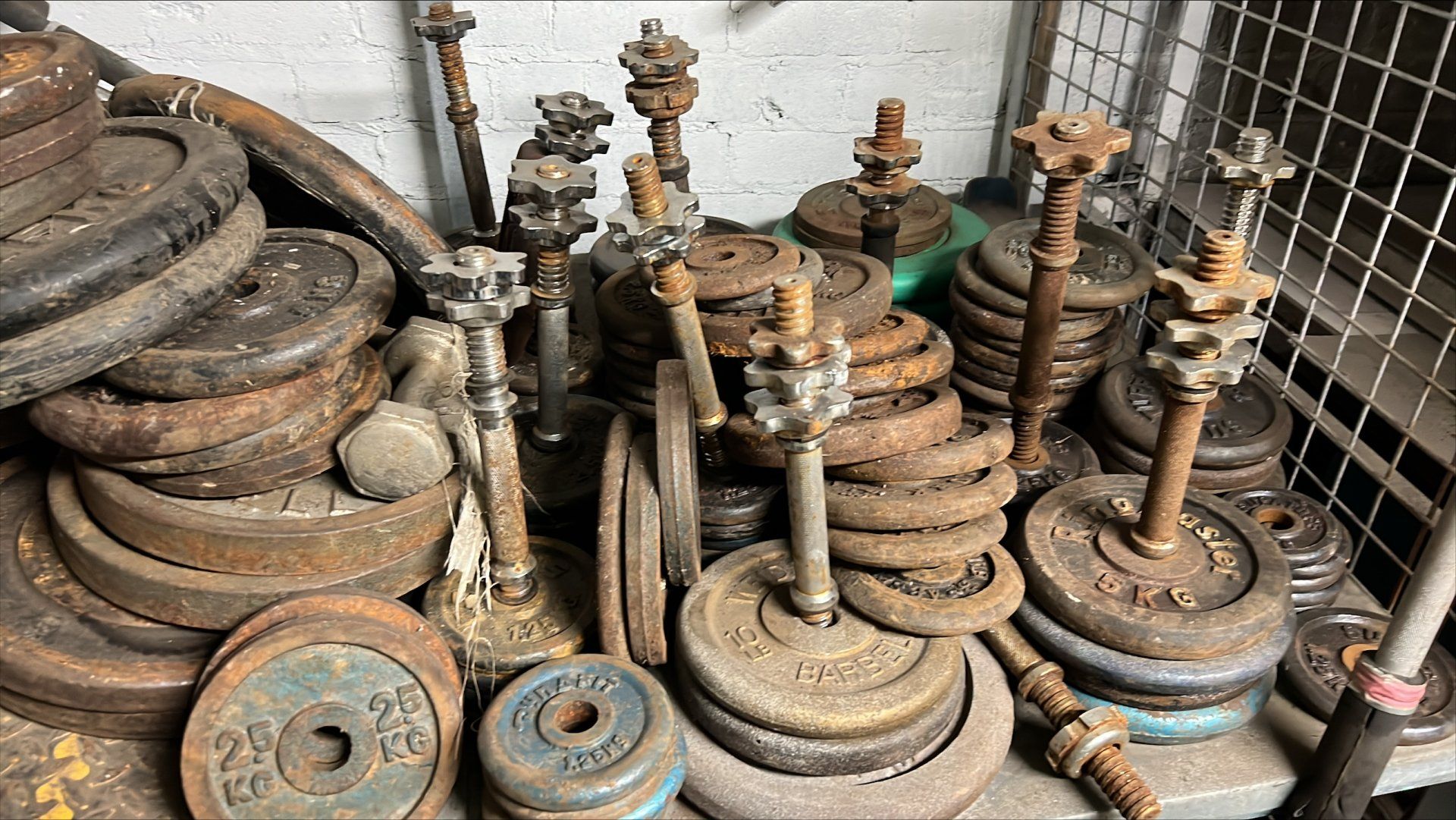Navigating Scrap Metal Disposal Regulations in Sydney
Navigating Scrap Metal Disposal Regulations in Sydney
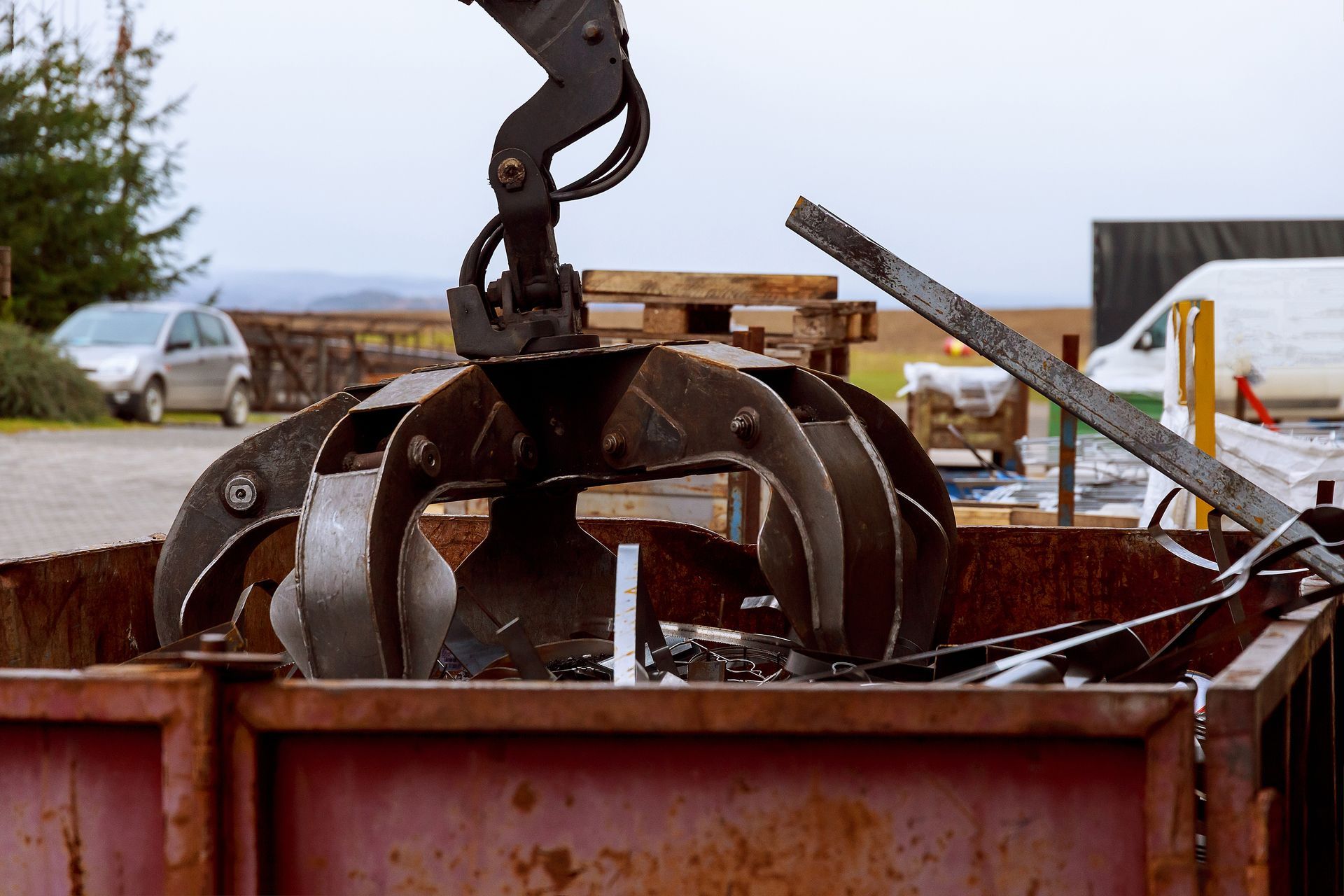
With Sydney’s economic reality is full of many industries which are the processor of metal just as a wastage. From the production of the metal industry or building constructions to repairing workshops and deconstruction sites for maintenance, a scrap metal waste management is a vital part of the responsible waste management practices for the urban businesses. Nevertheless, meeting the compliance of these standards and laws is very regulatory and challenging. This discussion will cover the rules and regulations which govern scrap metal disposal Sydney and through practical advice, we`ll provide business with the means to adopt environmentally sustainable waste management practices.
Understanding Scrap Metal Classification:
Metal scraps fall under a wide range of categories and are called differently. Therefore, prior to scrap metal disposal regulations, businesses should be aware of the scrap metal categorization and its different types. Scrap metal is typically classified into two main categories: having recycling capabilities of ferrous and non-ferrous metals. Ferrous and non-ferrous metals are categories of iron and non-iron (non-magnetic) types respectively. Most ferrous metals include steel or cast iron, while common non-ferrous metals are aluminium, copper, brass and lead, among others. There exists a surprising variety of metals that are subject to different categories and by that their respective regulations and the way of their disposal depends on the composition of a piece and its environmental impact.
Regulations Governing Scrap Metal Disposal:
In Sydney, there is number of kinds of scrap metal disposal and are embraced by the different regulations at the local, state, and federal level. These regulations serve as a pesticide to preserve public health, habitat, and "enforce" environmental contamination. Some key regulations that businesses need to be aware of include:
Environmental Protection Laws: Environmental organizations have rights set of laws that regulate scrap metal that encompasses handling, storage, transportation, and disposal, therefore, businesses are required to follow them to prevent environmental pollution and minimize impact on environment.
Waste Management Regulations: Nowadays, businesses have to follow the local waste management rules that state the standards of processing the scrap metal waste, namely recycling, reuse, and treatment at the sanitary installations.
Occupational Health and Safety Standards: Organizations should be able to make worker health and safety from scrap metal handling and dumping their top priority by providing them with safety procedures, training programs, and protective gear through the implementation of appropriate health and safety measures.
Permit and Licensing Requirements: According to the kind and scope of dumping scrap metal activities, businesses should take up licenses and permits issued by the regulating authorities to their processing work legally and follow the existing regulations.
Best Practices for Scrap Metal Disposal:
To ensure compliance with regulations and promote sustainable waste management practices, businesses in Sydney can adopt the following best practices for scrap metal disposal:
Segregation and Sorting: Adopt a method of classifying the different metal waste products in terms of their makeup, size, and composition, suitable for upcycling and responsible disposal.
Storage and Containment: Designate scrap metal wastes collection points or designated storage locations which are secure, well maintained and which prevent leaks or spills.
Documentation and Recordkeeping: Develop and maintain a record of scrap metal disposal activities, where quantities, types and ways, are included to meet the regulated requirements and operationalizing the regulatory reporting.
Partnerships with Certified Recycling Facilities: Collaborate with certified waste management companies and scrap metal recycling centers that not only comply with environmental standards and regulations but also enforce them, which will ensure that scrap metal waste is disposed of in an environmentally responsible manner.
Employee Training and Awareness: Train and reinforce awareness amongst the employees who handle scraps and dispose of it to stay in line with the regulations, prevent accidents and reduce the environmental effect.
Proper observation of environmental protection laws, waste management regulations, occupational health and safety standards, and permit and licenses requirements is a way to demonstrate compliance and as well, advance sustainability in scrap metal waste disposal. This will involve a lot of sorting and keeping waste in the appropriate places, thorough documentation and record keeping, linking up with certified recycling firms, and making the staff knowledgeable and aware. Thus, businesses will step in the way for a fresh, green and more sustainable atmosphere of Sydney.

12 Bermill St, Rockdale
NSW, 2216
Tel:1800 273 557
Email: andrew@scrapmetalgroup.com.au
Trading Hours
Monday to Friday 8am - 4pm
Saturday - Sunday - Closed
Public Holidays - Closed
Download our mobile App to receive the latest information & more
All Rights Reserved | Scrap Metal Rockdale
